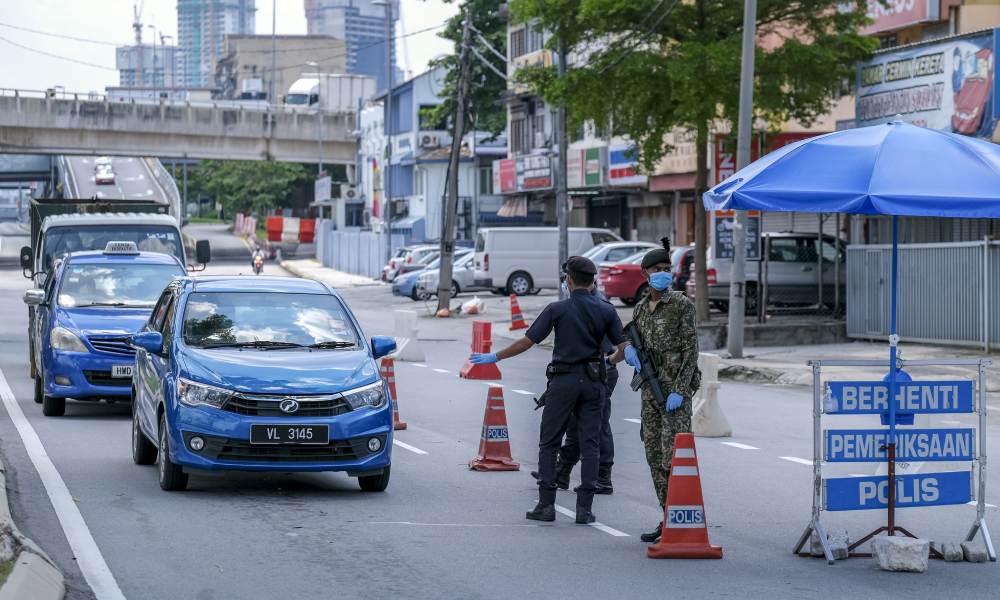
Public officials are struggling to control the rising case count

Malaysia has extended its Movement Control Order (MCO) 3.0 to the last two weeks of June in the face of an escalating number of COVID-19 cases. On average, daily cases continue to surpass the 5,000 mark as new variants pose added threats to the community. The alarming trend prompted officials to restrict travel and commercial activities until 28 June.
MCO 3.0 was implemented last month, but enabled most companies to stay operational. During the period, workplaces can accommodate up to 30% of staff at any one time, HRD Asia reported in May. Restaurants and shops remain open but with shorter hours. Retailers open for business include:
Read more: Malaysia implements MCO 3.0
Meanwhile, other leisurely businesses, such as those that allow for socialising, or sports and educational activities have been shuttered temporarily. “The positive/negative list (permitted and prohibited activities) and standard operating procedures (SOPs) for every manufacturing, business and industrial activity still remains as announced before this,” said Senior Minister for Defence Ismail Sabri Yaakob.
Read more: MCO 3.0: Government to clamp down on social activities
The original plan was to implement a total lockdown only in the first half of June, leaving only essential businesses open throughout the fortnight. Should the number of cases start to decline, the country would ease into a more relaxed phase two for four weeks, then into phase three in which most sectors would be allowed to open under strict regulations. The decision to transition between phases, however, depends on the assessments of the Ministry of Health.